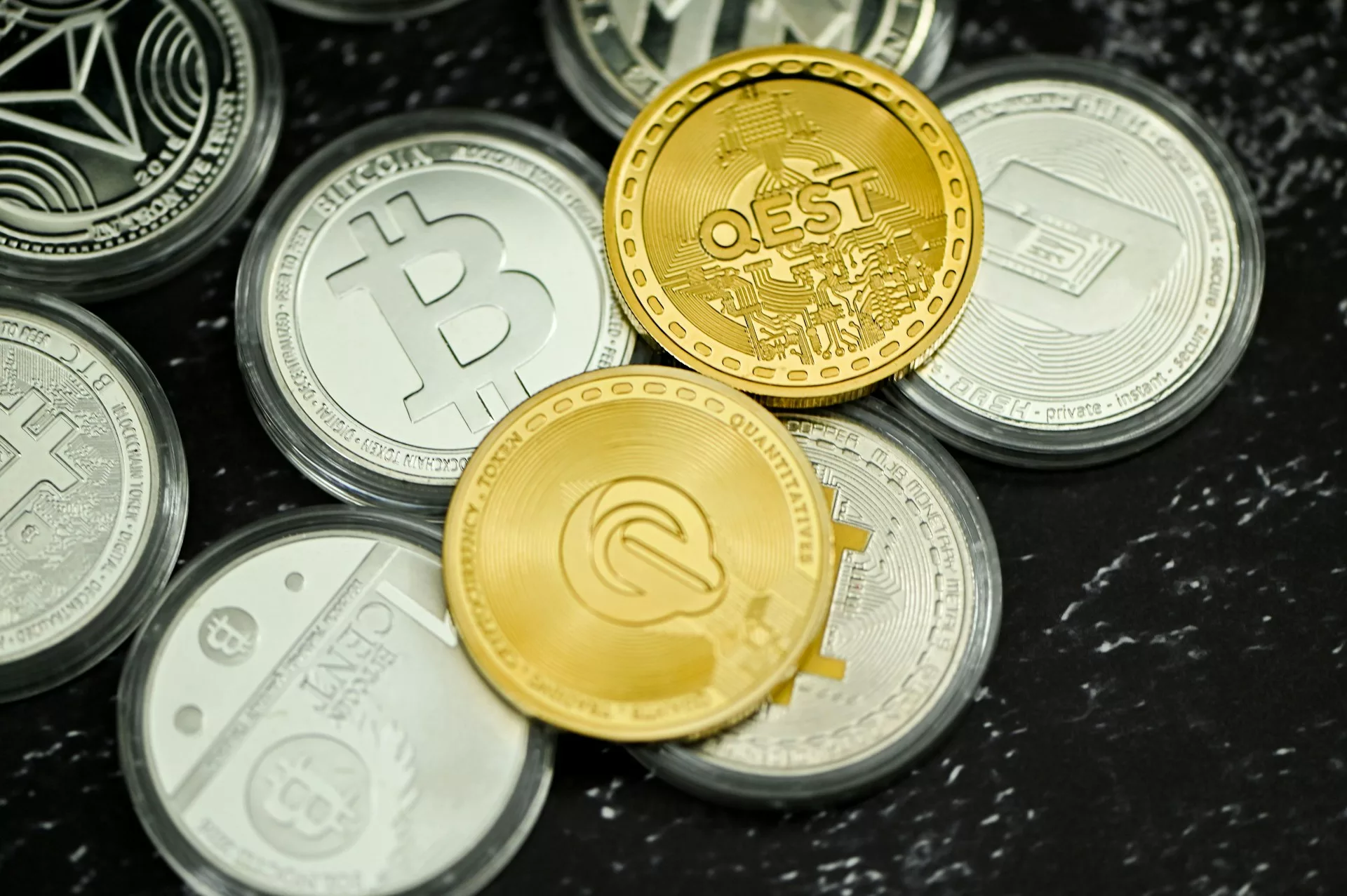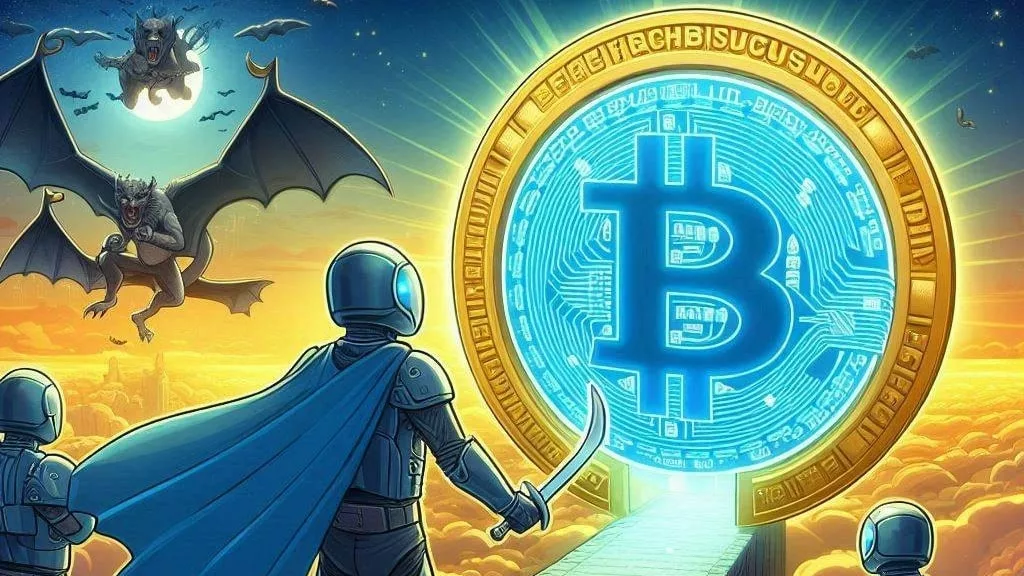
As Bitcoin’s value increases, it significantly impacts the crypto gaming sector, including market growth, security enhancements, and the rising value of digital assets.
The rise in the value of gaming tokens in the digital asset market has significantly influenced various organizations, notably those interested in cryptocurrency gaming.
Gamers that trade in-game assets, play bitcoin slots games at Thunderpick, participate in play-to-earn (P2E) ecosystems, and stake tokens for incentives have had more options for profit and engagement.
Similarly, when token values increase, the developers and investors in the blockchain gaming field are more driven to develop and support new projects.
On a larger scale, the market trends have demonstrated the growing interest and investment in blockchain-based games.
It is estimated that in 2026, the blockchain gaming industry will reach a staggering $10.7 billion, with a CAGR of 70.3% from 2021 to 2026.
This course of action shows that blockchain is a game-changer, and the rapid growth of this field is anticipated to be a continuous endeavor.
Using blockchain technology in games dramatically changes how items are viewed and managed economically.
It makes players own their digital properties in a virtual environment and a real economy; hence, these items gain authentic economic worth through their ability to buy, sell, and trade, just like physical products.
With technology, they, the corresponding assets, have left the trail for a new economic path of gaming reality.
This draws the gamers interested in making a profit from selling and the investors looking out for a return.
The value of Bitcoin increases its price. In the crypto world, this growth makes its impact very noticeable on the profitability of crypto gaming.
Thanks to the gaming industry boom, the proliferation of these tokens vividly aligns with the trend, where traditional markets find worthiness in them.
Security is at the top of the gaming concerns, and blockchain technology is a very effective means to deal with this issue.
Through its decentralized and indelible public ledger system, blockchain guarantees data security.
No one can interfere with it to change information, and the transactions remain truthful. Such a level of security is fundamental to crypto games, characterized by digital asset value.
Moreover, the decentralized blockchain structure is a powerful solution that can overcome the fraud issues of the economy.
Using the consensus processes built into blockchain technology ensures that no double-spending occurs.
As a result, each transaction is authenticated and uniquely documented within the gaming universe. Users are assured that their collected crypto coins and gaming tokens are safe from malicious attacks.
Blockchain’s built-in transparency allows players and developers to view the audit trails of transactional histories, building mutual trust.
It also allows game developers to create secure yet transparent pathways for transactions within the games, making the players more reliant on these virtual games.
In essence, blockchain technology is transforming our interaction with gaming by offering an atmosphere characterized by transparency and robustness for all things play-related.
Blockchain technology in the gaming industry has heavily impacted the game development process and attracted investments of around $4.5 billion by 2023 alone.
This rapid growth has the potential to let developers explore decentralized environments and innovative game mechanics that are safely exchanging virtual items.
Non-fungible tokens (NFTs) completely change the way digital ownership is thought. They are tools allowing players to profit by selling tokenized in-game assets.
Axie Infinity and Decentraland exemplify this by remunerating the players for competitive play or creative contributions with cryptocurrencies.
Developers use blockchain to evolve immersive and reward-centric environments, build buzzing communities, and welcome new revenue sources.
With technological progress, developers will have a principal role in shaping the crypto gaming sphere.
Bitcoin’s universal applicability has changed the game regarding exchanging and trading gaming tokens.
Gamers worldwide may now complete banking operations without the need for currency exchange or any other constraints that come with foreign currency dealings.
The simplicity with which players may trade digital assets is one of the main factors that boost their attractiveness and potential for profits in the gaming world.
Through the smart contract’s execution, the players have been given the power to make direct deals with each other and thus create a decentralized game economy.
These self-executing contracts streamline the transaction process by eliminating the need for a trustful third party and making the trade safe.
This results in faster transactions and reduces the risks associated with fraud or manipulation.
As Bitcoin becomes more significant, it attracts gamers who are willing to trade real-world gaming tokens to earn a living from gaming.
This development introduces a new monetary element previously unheard of in traditional gaming, where assets couldn’t be traded or did not have actual material value if moved or transferred outside the game.
Crypto games have developed a new way of earning money while being a player by bringing play-to-earn concepts.
Blockchain-powered gaming platforms allow players to enjoy games and accumulate cryptocurrency and other assets.
As a result, the game has switched from being a pastime to being a part-time job and money-making opportunity.
Unlike traditional gaming, where selling in-game currency is either rejected or punished, crypto games motivate players with the possibility of actually earning cryptocurrencies as they play, offering them the freedom to trade and liquidate the in-game assets they have acquired.
This feature added a financial aspect to the game, and the players also received monetary rewards, which, in effect, gave gamers a more all-rounded gaming experience.
As gamers become more active in this ecosystem, they can exchange crypto profits for stablecoins or convert them to fiat currency.
A player’s contribution to their wallet with these application programs usually indicates their degree of mastery and devotion.
Consequently, it proposes a merit-based system where capabilities are rewarded with income. Accordingly, the gaming environment can be the source of this revenue currency, which can be exchanged for real monetary value in a place other than a game.
These games could be a source of financial income for players.
The future of crypto gaming is characterized by smooth operations and advanced technology development, giving a positive outlook to investments in the sector.
One of the rising sectors in blockchain games has raised as much as $2.5 billion, enabling developers to use the created financial channels.
This wave of volatility serves as the driving force behind the creative approaches that establish the basis for more skillful and thrilling gaming sessions.
The fantastic way of making money and having fun simultaneously through the play-to-earn mechanism becomes a reality as players get real-life worth rewards that are tradable on secondary markets.
The latest initiatives introduce the interoperability concept, which allows assets to be moved between games and extended to a range of other games.
This will enlarge the playing field and enhance the symbolic and substantive dimensions of these assets, making them more enjoyable for gamers and investors.
The creation process in this area is moving to community-centric models. Player engagement is about participation and how they are involved in governance via decentralized autonomous organizations (DAOs).
AI, AR, and VR developments can improve immersive gaming interaction.
Hybrid economic frameworks combining components from traditional modes with play-to-earn systems could characterize future versions of blockchain-based games, unlocking an age in which cryptocurrency-based gaming changes the industry’s rules.


Get the latest Crypto & Blockchain News in your inbox.